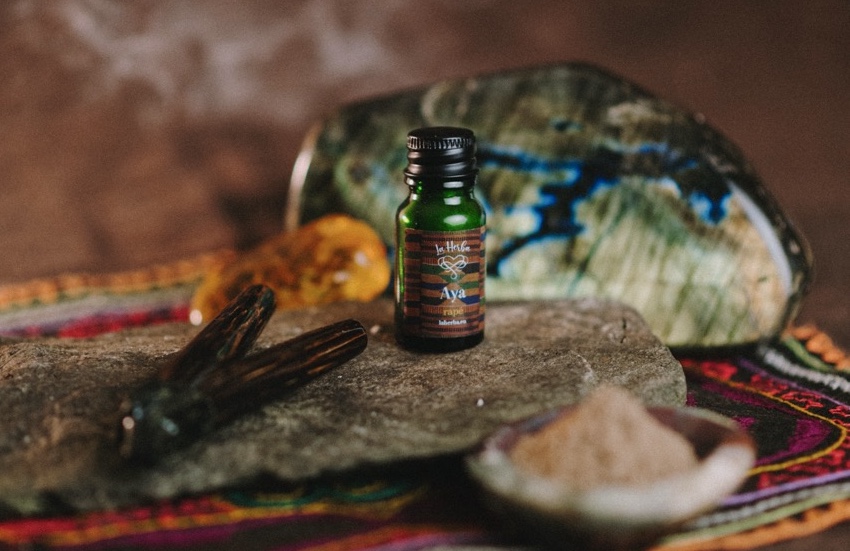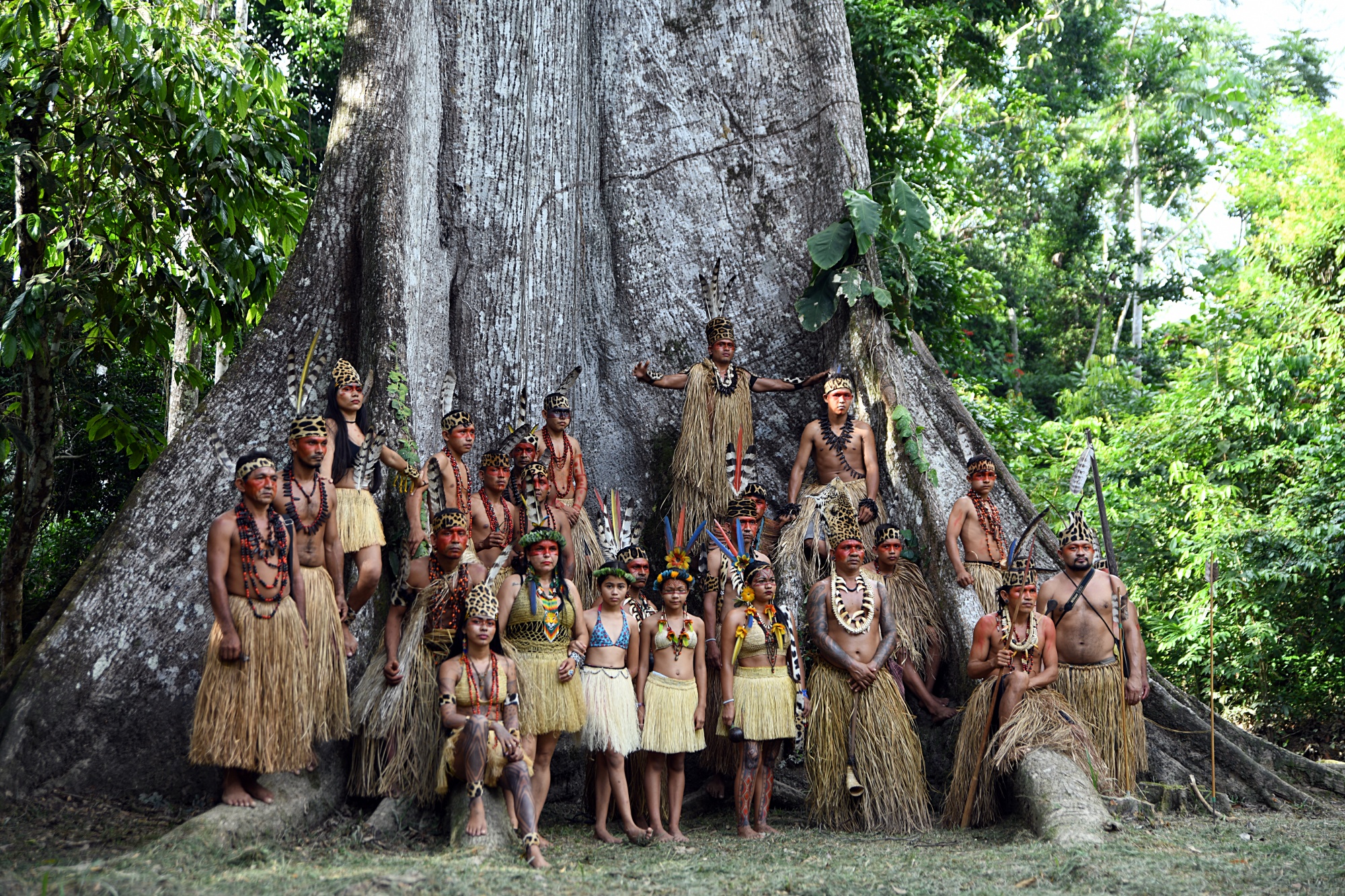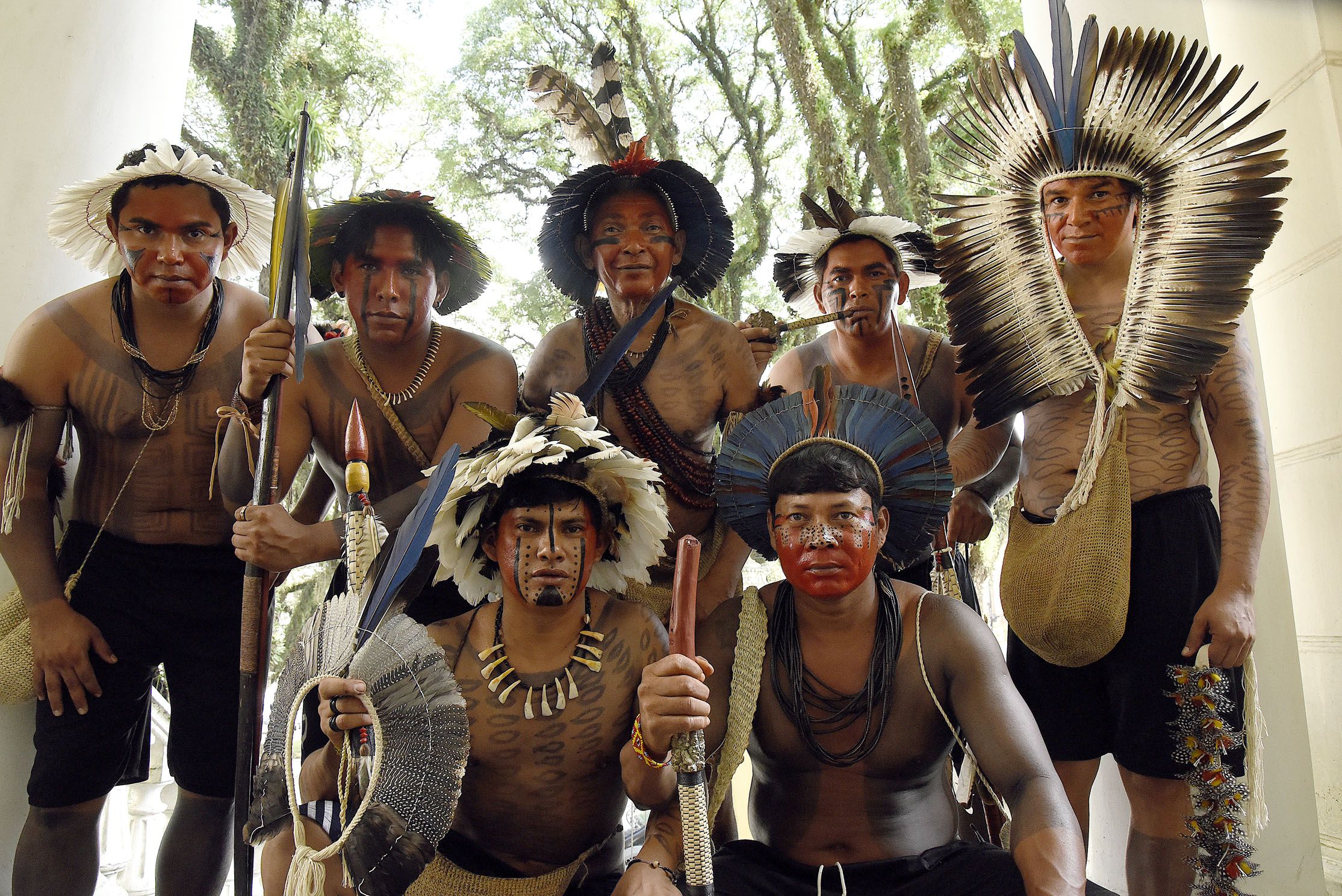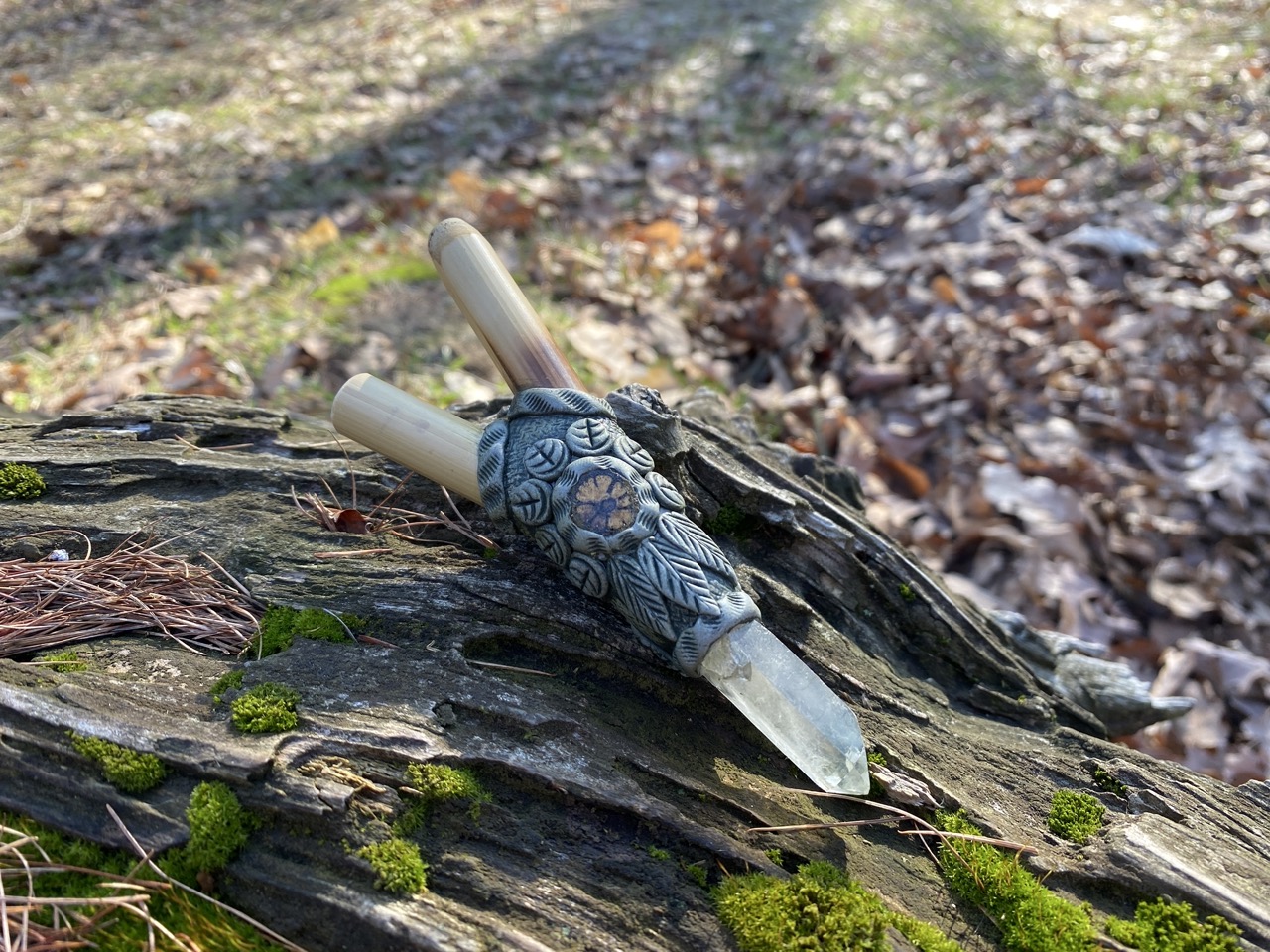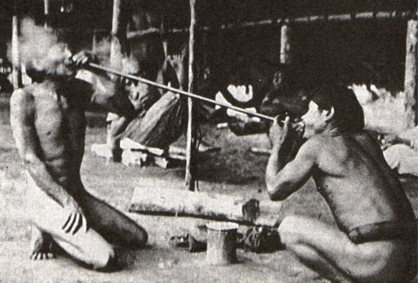
History of Rapé
The origins of Rapé date back to the mid-15th century. Although it had been used in the Amazon jungle for thousands of years, it began to become popular when King Philip II ordered his physician to bring to ba co seeds from America so that he could plant them in Spain.
After obtaining the to ba co seeds, he planted them in Toledo, where nasal inhalation began to become popular among the elite, being classified as a high luxury item. It also became popular in France because the French ambassador in Lisbon sent it to the wife of King Henry II of France to treat his son's migraines.
Another story about the origin of Rapé dates back to Christopher Columbus' second voyage through the Antilles, when to ba co seeds were collected by the monk Ramón Pané.
Popularization of Rapé
In the 18th and 19th centuries, it had already spread among the European aristocracy. Although the internet is often full of legends and it is difficult to give credence to everything, it was rumored that Napoleon traveled with a box containing Rapé. More info
Rapé gradually spread throughout high society in the 15th century. As it became popular among the aristocracy, it also reached the lower classes.
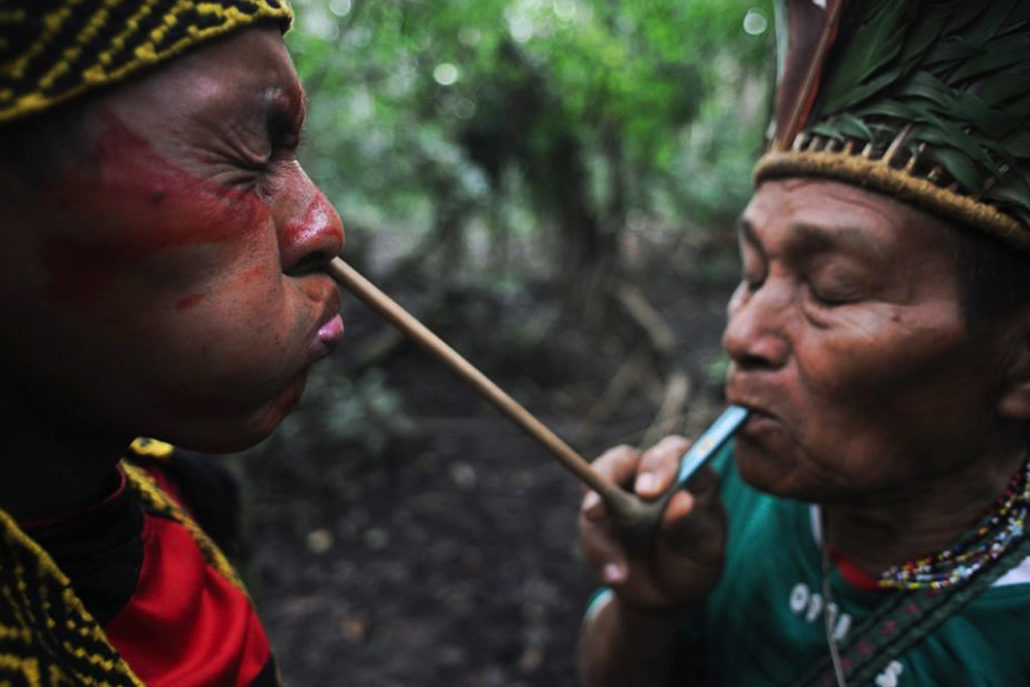
Today it is a product consumed all over the world, its main producer is Brazil, since most of the Rapé consumed in Europe comes from there, especially in Spain and England.
It is most often used as an extra dose of nicotine, which helps to immediately activate and helps to remove mucus from the respiratory system. Depending on the mixture of plants and herbs that Rapé contains, the effect and strength will vary, so the effects on inexperienced people, at least initially, can be quite strong and unpleasant.
This product is an insence and not ment for ingestion. We don't claim that this product has any healing properties. This natural product is offered for its ethnographic and historical value and is supplied without express or implied fitness for a particular purpose. All information provided is for educational, scientific, ethnographic and historical research purposes only. All products are sold as botanical samples only with no express or implied claims for a specific purpose or use. The use and use of this product is at the discretion, responsibility and risk of the customer.
History of Rapé
The origins of Rapé date back to the mid-15th century. Although it had been used in the Amazon jungle for thousands of years, it began to become popular when King Philip II ordered his physician to...
The Nukini tribe from Acré, Brazil
The Nukini tribe, often called the "People of the Jaguar," ranks among the most resilient indigenous groups inhabiting the Brazilian state of Acre, deep in the heart of the Amazon rainforest. Th...
Fulni-ô tribe
Meet the Fulni-ô: Guardians of Sacred Tradition in Brazil's Northeast
The Fulni-ô is the only indigenous group of Northeastern Brazil that was able to keep its language – the Ia-tê – alive an...
Kuripe - self-aplicator for Hapeh
The Hapeh's applicators, also known as “Tepi” and “Kuripe” are sacred instruments of indigenous origin generally made from different types of wood, bamboo, special rocks or bones and can carry orna...

